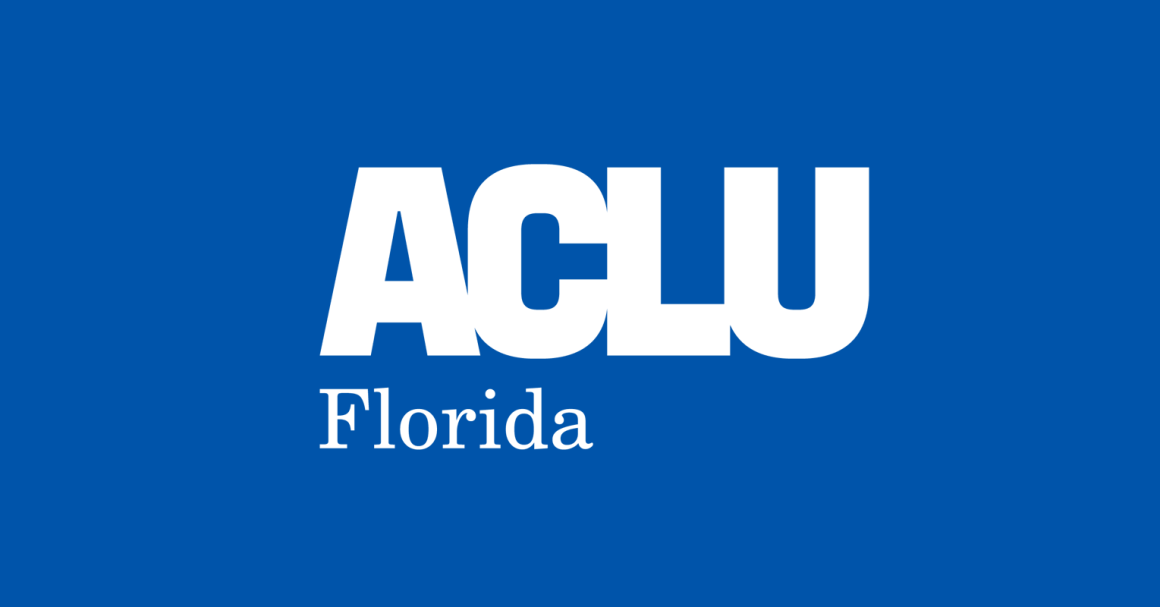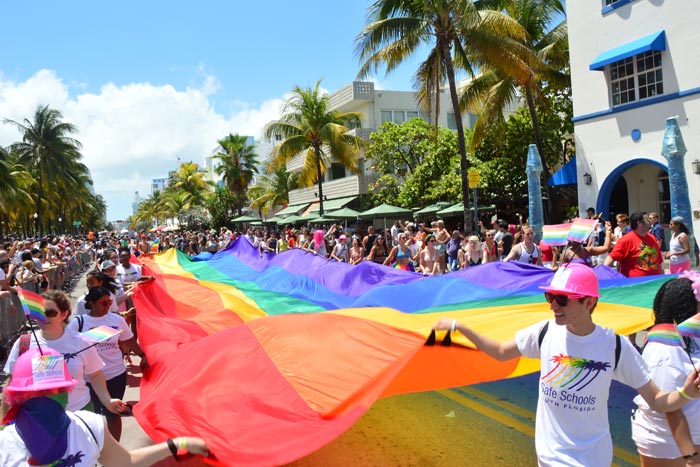This op-ed was originally published in Miami Herald.
In classrooms and educational spaces across our country, a coordinated attack on our students’ right to learn is underway. Perhaps nowhere are those attacks more pronounced than in Florida, where state officials have led a campaign to restrict free speech in classrooms under the guise of “preventing indoctrination.”
On June 13, a federal appeals court in Miami heard arguments in a case involving a 2022 Florida law, and now the court is deciding whether politicians can dictate what educators do or do not teach about race and gender in higher education institutions.
The question comes from a group of educators challenging the Stop Wrongs Against Our Kids and Employees Act (Stop Woke Act) a censorship law that restricts educators from teaching viewpoints around race and gender that are disfavored by Florida lawmakers, even where those viewpoints are considered foundational information in their academic disciplines.
Championed by Gov. Ron DeSantis, this overreaching law specifically targets and places vague restrictions on educators’ ability to teach concepts such as racism, sexism, privilege and unconscious bias. It also imposes harsh penalties, including ineligibility for all performance funding from the state for the colleges and universities and termination for educators who have been found to violate the law.
Such penalties would further imperil Florida’s education system by pushing universities to the brink of bankruptcy and driving educators out of the state.
Because the law is so vague, it is extremely difficult for educators to determine what they can or can’t teach, or what views might be interpreted to violate the law, leaving teachers in a constant state of uncertainty and causing a larger chilling effect in the classroom.
It has even brought into question whether teaching strategies such as the Socratic method, which fosters critical thinking and challenges preconceptions, could prompt classroom discussions that violate this censorship law. And that’s exactly what the politicians who passed the Stop W.O.K.E. Act were hoping for.
Since the law was passed in 2022, the American Civil Liberties Union (ACLU) of Florida, along with the national ACLU, the NAACP Legal Defense Fund, and Ballard Spahr law firm have been representing a group of courageous educators in their fight to protect free speech in education.
At its core, the First Amendment guarantees freedom of speech and the free exchange of ideas, including in educational settings where diverse viewpoints should be encouraged and explored.
The Stop Woke Act, however, undermines this fundamental principle. By dictating what educators can and cannot teach about race and gender, the act effectively censors discussions that are essential for fostering critical thinking and understanding complex social issues.
The law poses such serious harm to educators and students that a federal appeals court upheld the district court’s preliminary injunction that temporarily blocks Florida from enforcing the Stop Woke Act, which the order itself described as “positively dystopian.”
As the appeal proceeds, the arguments heard earlier this month are a chance for the court to either stand with the free exchange of ideas and robust debate that characterize higher education or enable the government to silence discussion of any viewpoint it disfavors. Florida is just one of over a dozen states across the country that have passed laws censoring discussions around race and gender in the classroom. Upholding the district court’s ruling will ensure that our system of higher education is guided by the principle of free speech, not government censorship.
Our future depends on independent educational institutions that are free from government intrusion. Our classrooms are meant to be rooms of curiosity, creativity and learning. When we stifle this kind of critical thinking, we risk losing our education system as we know it.


